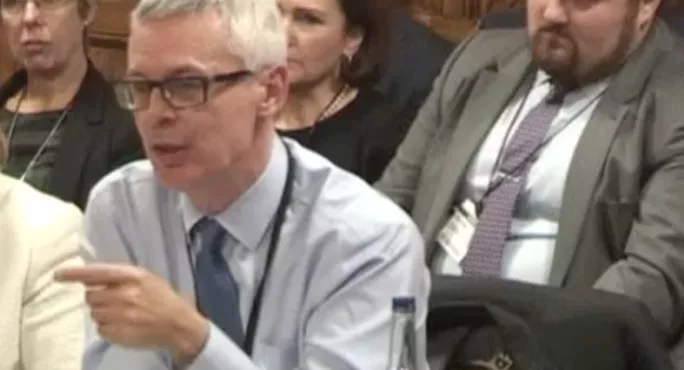The DfE’s top official has acknowledged concerns raised by MPs on the Commons spending watchdog that people are making money out of the academies system.
MPs on the Public Accounts Committee yesterday repeatedly voiced concerns about related-party transactions in academy trusts, whereby people or organisations linked to the trust provide services to it.
The committee was questioning Jonathan Slater, the permanent secretary at that DfE, about its first combined annual report and accounts for the academy sector.
The document revealed that academy trusts paid out more than £120 million for 3,033 related-party transactions in 2015-16, including 70 that were worth more than £250,000.
Such transactions are only allowed if they are carried out “at cost”, and no one makes a profit.
However, Conservative MP Gillian Keegan said: “Having been a procurement manager, ‘at cost’ is whatever you say it is - it just needs to be justified to some degree. I’m in control of the cost; you’re not.
“The reality here is I that I think you have got a system here that is open to abuse.”
Committee chair Meg Hillier told Mr Slater: “The point is, if you are the person setting the contract, you can name the cost, name the value, make the judgement, and that’s a very powerful position and in most other organisations you would not be able to give business to someone you are related to or live with.”
Cracking down on related-party profits
Mr Slater said the DfE sought to distinguish between cases where people had procured properly, and where they had made a profit.
“If they haven’t procured it, or if they have made a profit, we come in, and we come in hard,” he added.
MPs laughed as Ms Slater said that the DfE requires academy trusts to demonstrate to their auditors and the DfE that people given contracts “have not made any money out of it”.
Ms Keegan said: “The system is set up to encourage them to make money out of it, but it is hidden as a cost. That is how it is set up. That is why we are seeing, I believe, so many examples of it.
“I would encourage you to consider separating out those services that are genuinely given for free or not for profit - genuinely - and any that have any commercial angle to them whatsoever.”
Mr Slater said that this is the distinction that his department tries to draw, but added: “I take the point that the committee is not convinced that we are distinguishing adequately between at cost and not, and I will take that away.”
He later acknowledged that “the committee was not satisfied by my answers,” and added: “I said I heard what you were saying and I was going to reflect back again in the department on that point.”
Today, the financial accounts of Wakefield City Academies Trust, which is in the process of giving up all 21 of its schools, revealed that it paid £83,000 to its former chief executive’s IT company in 2016-17.
Want to keep up with the latest education news and opinion? Follow Tes on Twitter and Instagram, and like Tes on Facebook




